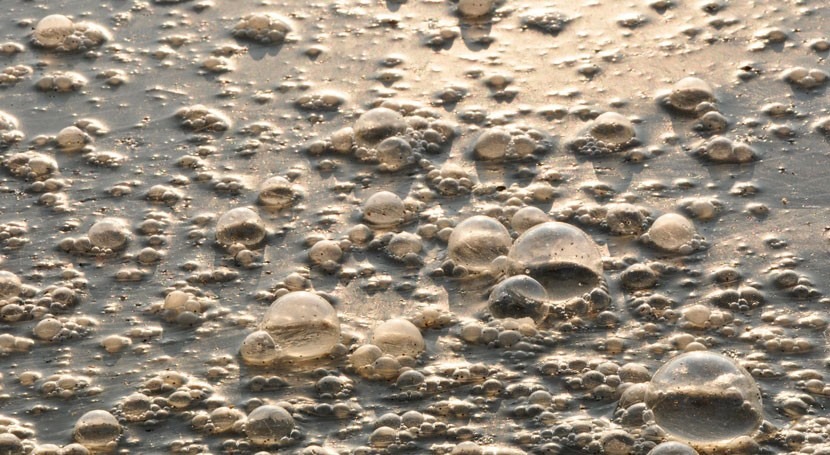Arguably, no other type of pollutants create such a mess in our drinking water like synthetic stuff…
Man-made chemicals used for different purposes but which somehow end up in our drinking water without our knowledge.
Yes, some of these chemicals are useful in agriculture, medicine and even at home.
However, the major problem with by-products of human ingenuity (a.k.a. synthetic stuff) is that the environment just doesn’t have a way of getting rid of them.
So what happens when such stuff finds its way into our air, food or worse still in our water?
The truth is that the long term effects of such chemicals on the health of people is still a subject of research given that most of them have emerged into the scene at the turn of the 20th century.
Indeed even some are just a few decades old and their side effects are still more of a mystery.
While we might be tempted to imagine these risks being associated with drinking untreated water, some of these pollutants emerge from some very unlikely sources.
Bottled water
Being composed mainly of synthetic polymers such as polyethylene terephthalate (PET) the plastics bottles that hold our water might be one sure way of presenting to us clean, sparkling and delicious water…
But not when there’s leakage of substances linked to health complications such as Bisphenol A (BP-A).
Though we often see signs such as ‘BP-A free’ on plastic containers used for child food, this is not usually the case for most of the other water bottles.
At elevated temperatures, such plastic bottles may leak this chemical ingredient useful in plastic manufacture into our water.
Warmed bottle water may be one sure way of transfer of bisphenol-A into our bodies without our knowledge.
Besides it’s association with cardiovascular problems later on in life, Bisphenol A is also linked to brain damage and possibly cancer.
And this case replicates itself when heating up food in plastic containers.
Perhaps it is time to lobby for a complete ban on manufacture of BP-A plastic containers because even the ones touted to be BP-A free might still have traces of this chemical.
But Bisphenol-A isn’t the only dirty ‘synthetic footprint’ out there.
It is categorised together with other chemicals used in industry and agriculture as an endocrine disruptor.
Endocrine disruptors
Being a complex network, our bodies rely on feedback from chemical messengers also known as hormones which together with their mother organs, form the endocrine system.
Hormones are mostly molecules with definite structures that trigger action from our bodies.
However, some substances present in our environment might find their way into our bodies and mimick the behaviour of hormones bringing with them a whole baggage of confusion.
These are called endocrine disruptors; a wide variety of chemical substances from the pharmaceutical industry, agriculture and manufacturing that lead to altering of body functions in a monumental way.
From plasticizers used to make food wrappings to fungicides used as agrochemicals…
From detergents and emulsifiers at home to contraceptive drugs…
From pharmaceuticals to growth hormones used in livestock farming…
From personal care products such as shampoos to cosmetics…
There is no shortage of entry points for endocrine disruptors, a brand of emerging contaminants possibly present even in the water we drink.
And their possible side-effects are as diverse as their nature…
From possible initiators of prostate cancer to ovulation disorders…
From thyroid gland issues to kidney failure…
From neurological disorders to breast cancer…
The list seems endless…
The defined problem seems monumental…
Endocrine disruptors are emerging pollutants that are bound to incrementally become significant in the future.
A price we must incur to secure human progress…
But should we?
In conclusion
Environmental indicators can give us a leading towards what we must do to stop this imminent vicious cycle of health complications.
Our drinking water must be secured through proper disposal of such chemical substances by industries, farms and households…
Our drinking water must be stored in containers which are truly BP-A free…
The need for sanitation among low income communities is essential to reduce contamination from pharmaceutical metabolites present in human excreta…
Responsible use of pesticides and other agro-chemicals must be encouraged at all costs…
Raising livestock on pasture free from hormonal supplements should be the order of the day.
Our environment matters.
But our health matters more.
Originally posted on John Mmbaga's blog






